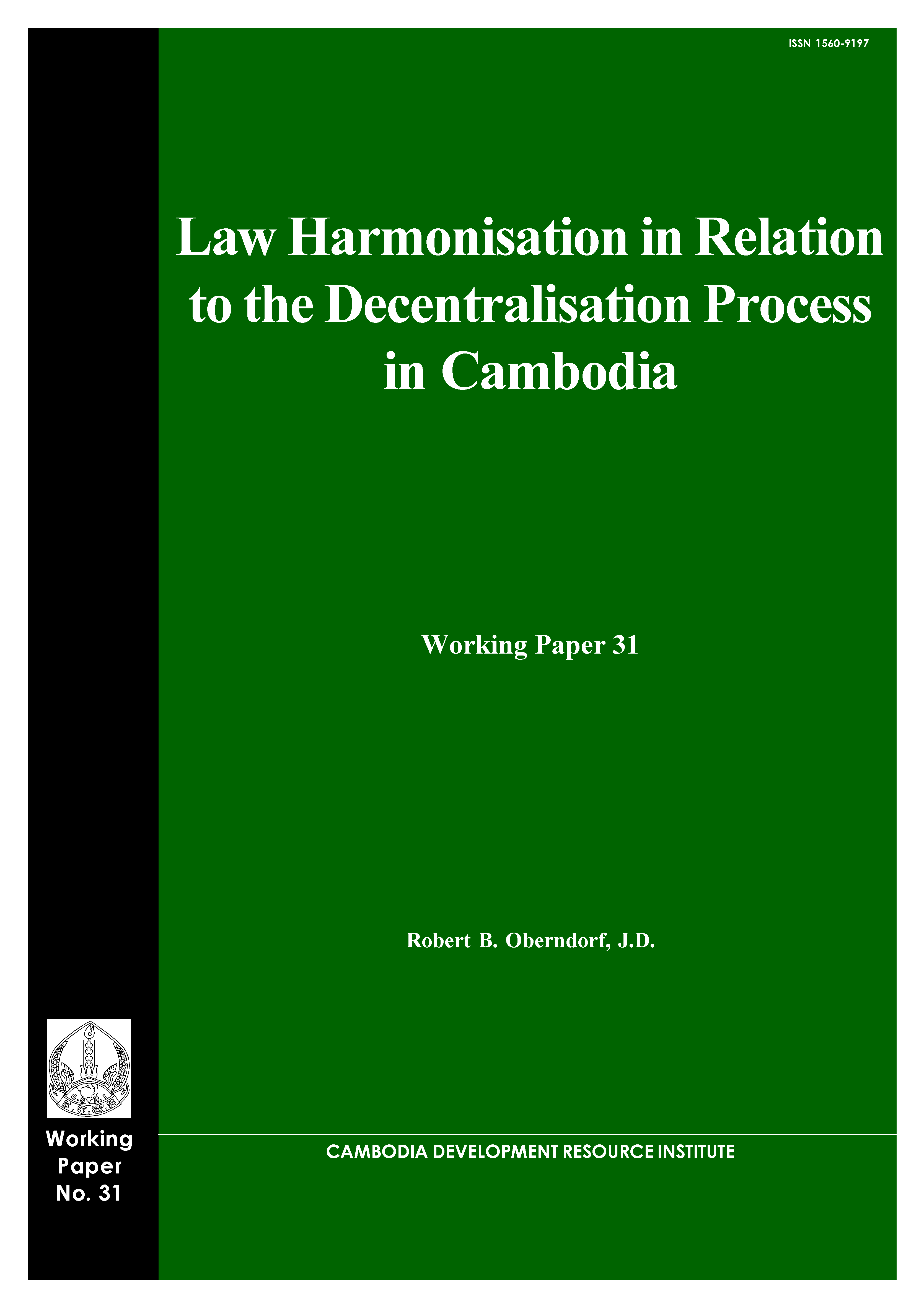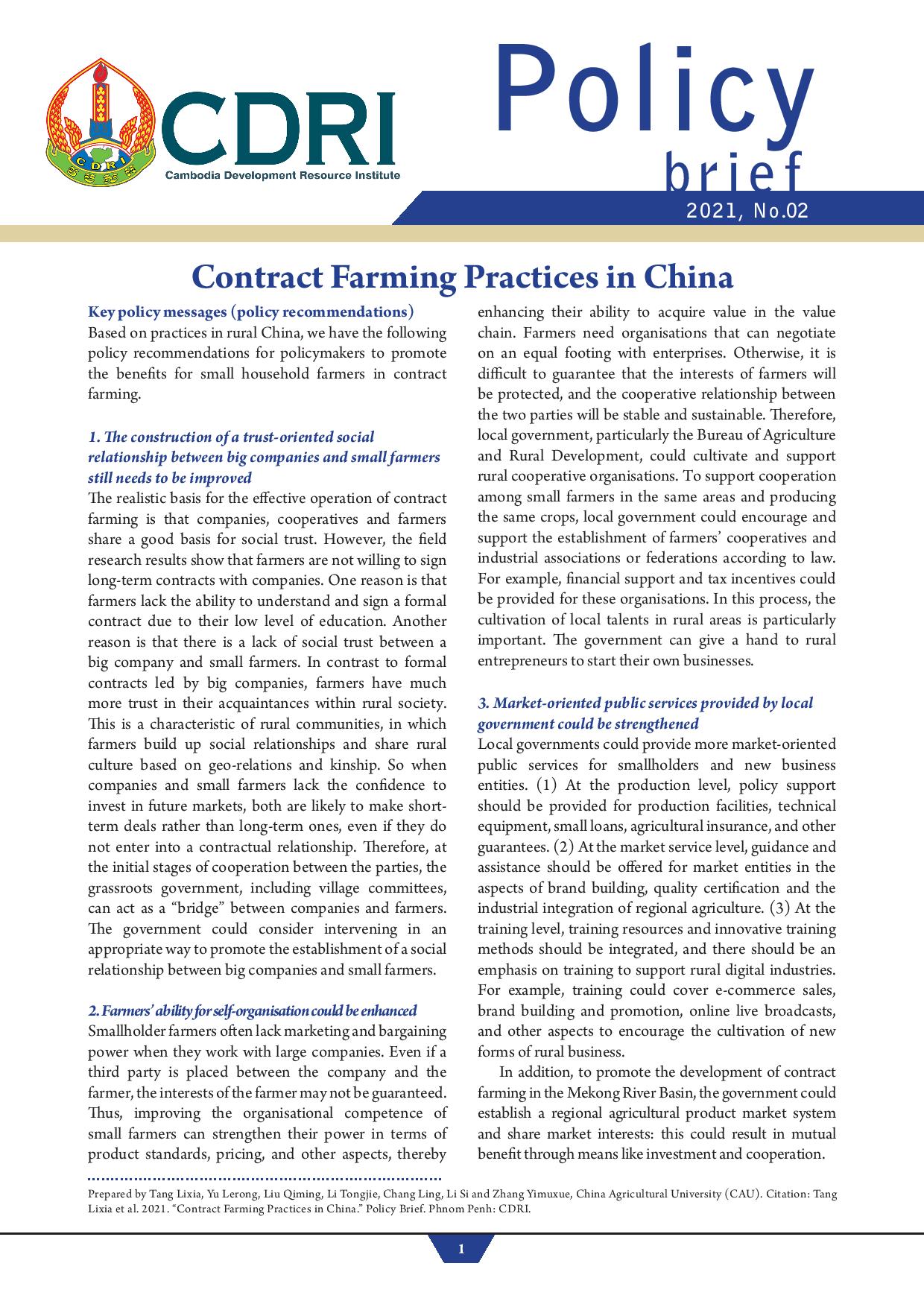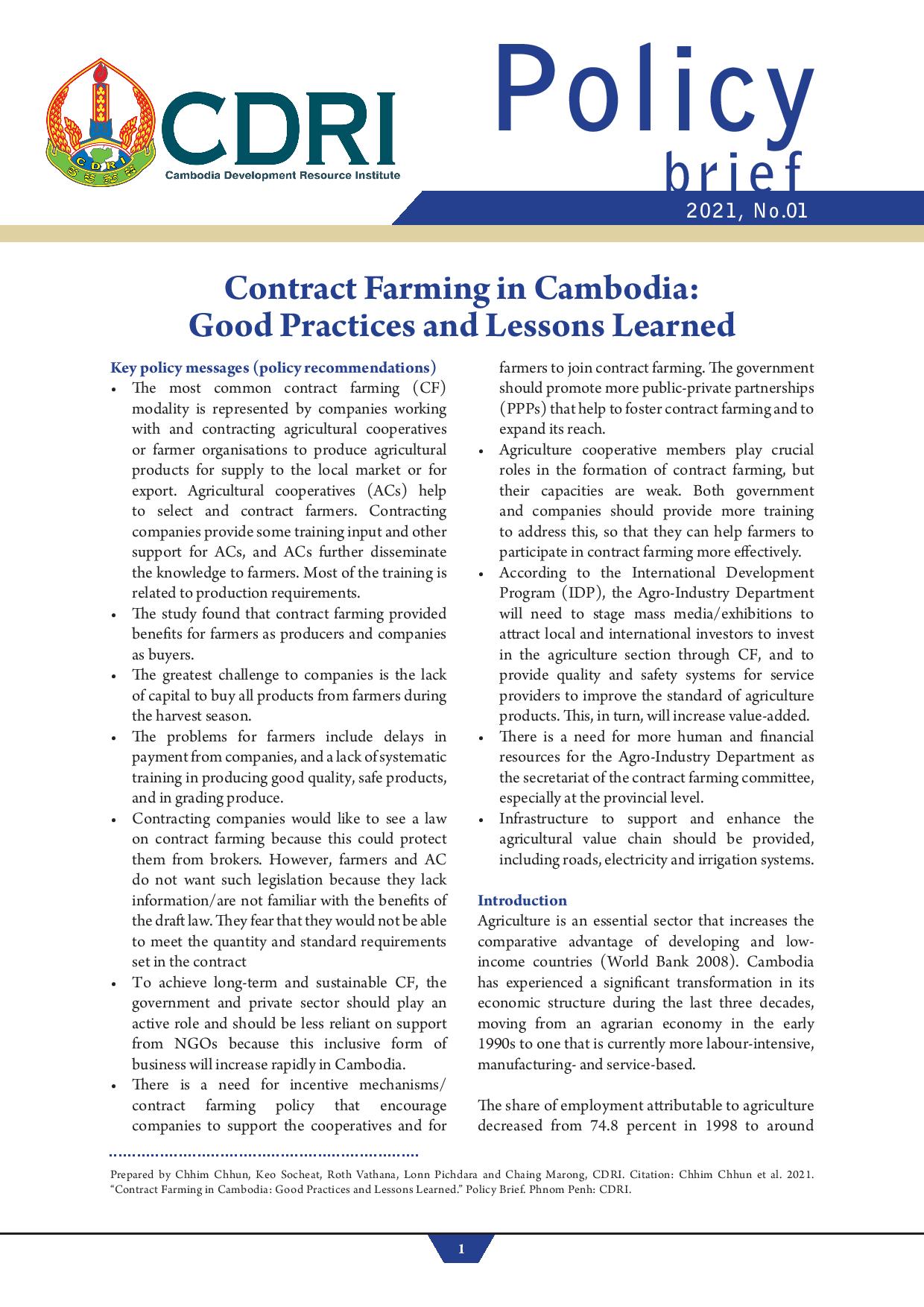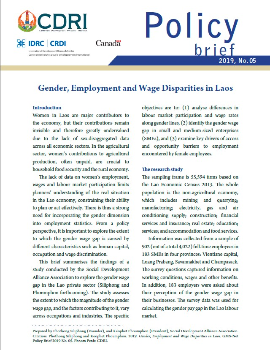
Law Harmonisation in Relation to the Decentralisation Process in Cambodia
Keyword: Decentralisation, legal harmonisation, Cambodia governance, commune councils, deconcentration policy
Khmer PDF (5)
Abstract/Summary
This working paper examines the legal framework underpinning Cambodia’s decentralisation reforms initiated in 2001, focusing on the harmonisation of laws and regulations that support the devolution of authority to commune and sangkat councils. It provides a comprehensive analysis of the historical evolution of decentralisation, the current legal and institutional structures, and the challenges posed by overlapping, inconsistent, and incomplete legislation. The study highlights the absence of a clear policy guiding decentralisation and deconcentration, resulting in fragmented legal instruments and implementation gaps. Key issues include the lack of an organic law for provincial and district governance, unclear fiscal management systems, and insufficient mechanisms for legal review and coordination. The paper also explores the roles of various government entities, such as the National Committee for Support to Communes (NCSC), and identifies critical missing regulations that hinder effective governance. Recommendations include drafting cohesive policy documents, enhancing legal clarity, and ensuring institutional capacity for sustainable decentralisation. The study underscores the importance of coordinated legislative reform to support democratic governance, poverty reduction, and local development in Cambodia.



